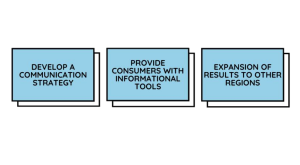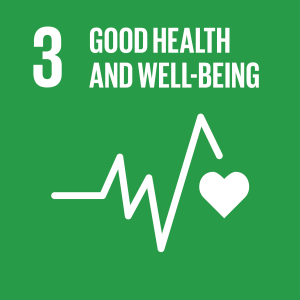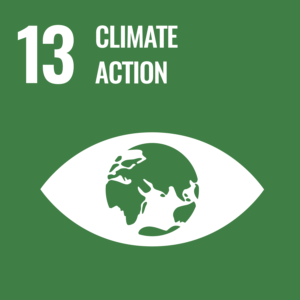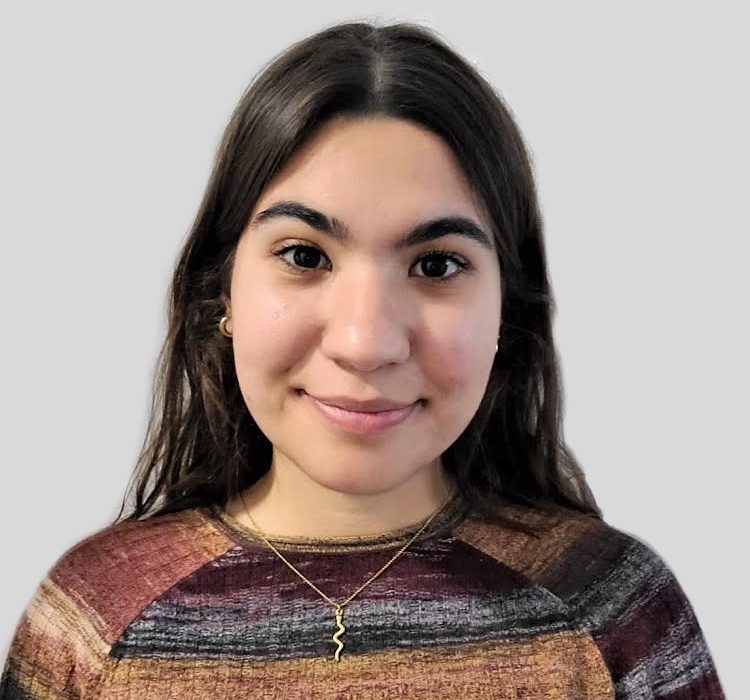Identify and promote consumer innovations that address the losses and poor prices of fishery foods. A comparative study of the facilitating and blocking factors
WHAT IS RISK & FOOD WASTE?
The RISK & FOOD WASTE project was born with the intention of reducing the fear of consuming fish due to the presence of Anisakis through the inclusion and transfer of messages that facilitate communication with consumers and consumers, but also with all agents in the sector. To achieve this goal, the project will carry out a series of behavioural studies through which different informational messages for consumption have been issued. Thus, RISK & FOOD WASTE aims to check the perception of food risk and the effects on the intention to purchase and consume fishery products.
OBJECTIVES
The main objectives of the project are:

WHY?
The risk associated with the consumption of fish due to Anisakis infestation has been demonstrated by its presence in fish marketed in Spain. Although the actual negative health effects of consumers and consumers are not as significant as other pollutants and can be avoided if the product is managed properly before and after the sale, the risk they perceive results in a loss value of the fishery product and, therefore, in a decrease in consumption.
In addition, according to CREDA’s studies, Anisakis not only affect consumption, but also the rest of the value chain, representing one of the main causes of waste in fishery products, especially in the species with the highest incidence such as pike, the mackerel and the Cantabrian sorrel.
METHODOLOGY
To check what is the purchase intention of consumers and final consumers, a questionnaire will be made aimed at residents of the Spanish State, since according to the European Commission they are the second in the European Union in per capita consumption of fish and with preference for the consumption of fresh fish. To do this, 4 different messages will be prepared that will be sent to a total sample of 2,500 consumers and consumers, distributed among 500 inhabitants of each of these areas: the Basque Country, Catalonia, the Community of Madrid, Andalusia and the Canary Islands.
DURATION
1 de January 2024 – 31 de December 2024
THE ROLE OF CREDA
TASK
CREDA develops the RISK & FOOD WASTE project by carrying out a questionnaire and issuing four different messages:
- What are Anisakis and what recommendations are there for the consumer.
- What are Anisakis and what recommendations are there for the consumer and the management that occurs along the value chain.
- What are Anisakis and what recommendations are there for the consumer, the management that occurs along the value chain and extra information such as less common species and safer areas.
- What are Anisakis and what recommendations are there for the consumer, the management that occurs along the value chain, extra information such as less common species and safer areas, as well as the incidence of serious cases compared to total cases.
CREDA team will carry out a comparison between the food alerts generated on the RASFF portal (European Food and Feed Alert System), and the mentions in the press aimed at consumers warning about Anisakis.







